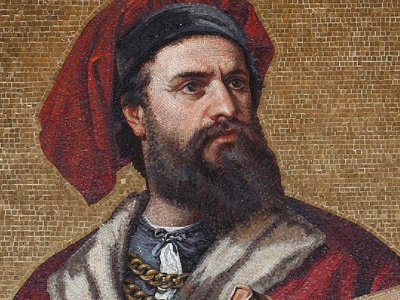Marco Polo (1254-1324)
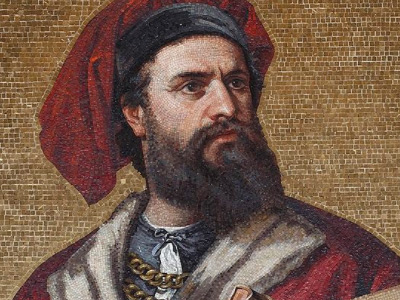
Travels of Marco Polo
An authoritative version of Marco Polo's book does not and cannot exist, for the early manuscripts differ significantly. The published editions of his book either rely on single manuscripts, blend multiple versions together, or add notes to clarify, for example in the English translation by Henry Yule. The 1938 English translation by A.C. Moule and Paul Pelliot is based on a Latin manuscript found in the library of the Cathedral of Toledo in 1932, and is 50% longer than other versions. Approximately 150 manuscript copies in various languages are known to exist, and before availability of the printing press discrepancies were inevitably introduced during copying and translation. The popular translation published by Penguin Books in 1958 by R.E. Latham works several texts together to make a readable whole.
Polo related his memoirs orally to Rustichello da Pisa while both were prisoners of the Genova Republic. Rustichello wrote Devisement du Monde in Langues d'Oil, a lingua franca of crusaders and western merchants in the Orient. The idea probably was to create a handbook for merchants, essentially a text on weights, measures and distances.
Advertisement
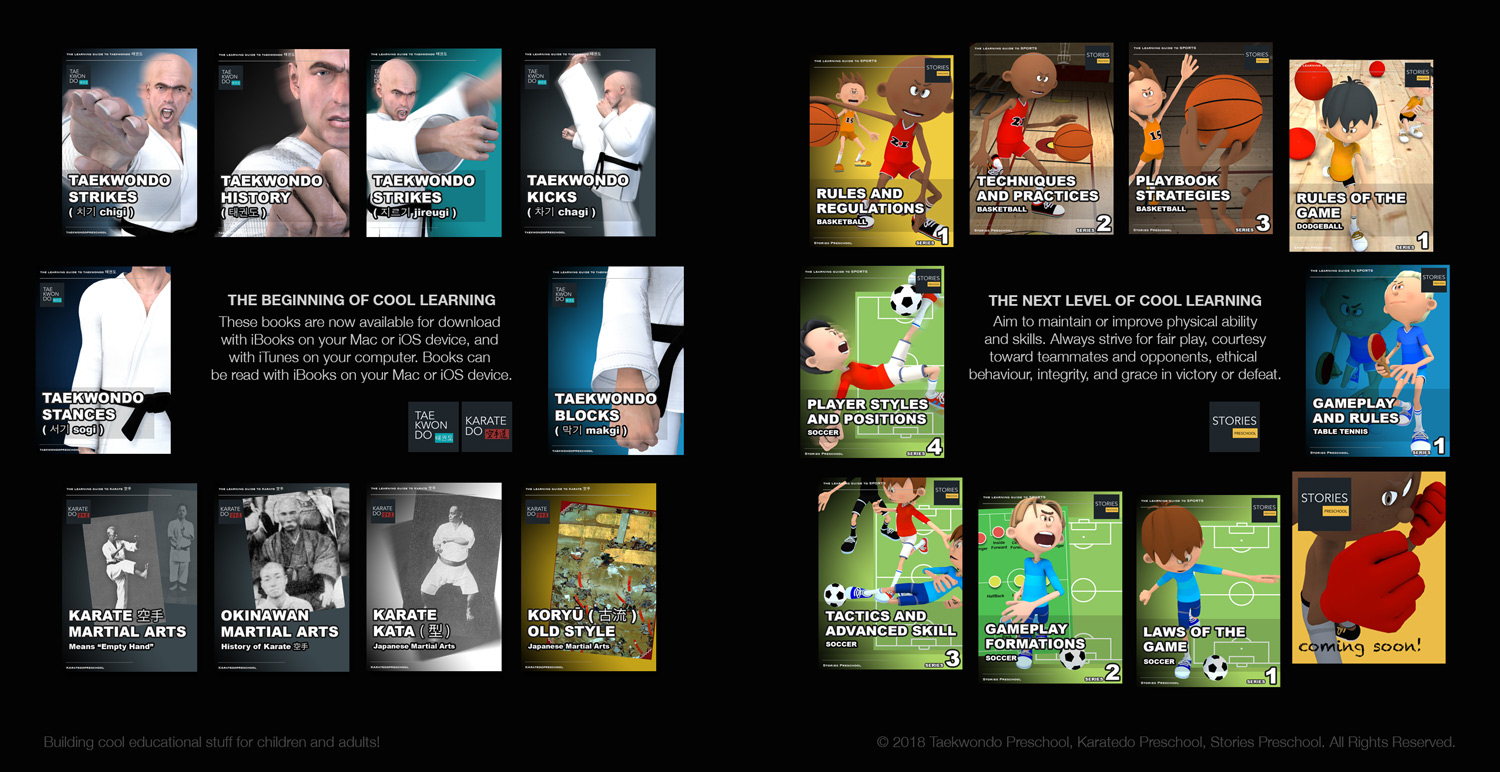
These books are available for download with iBooks on your Mac or iOS device, and with iTunes on your computer. Books can be read with iBooks on your Mac or iOS device.

These books are available for download with iBooks on your Mac or iOS device, and with iTunes on your computer. Books can be read with iBooks on your Mac or iOS device.
( Click image to enlarge)
Narrative
The book opens with a preface describing his father and uncle traveling to Bolghar where Prince Berke Khan lived. A year later, they went to Ukek and continued to Bukhara. There, an envoy from the Levant invited them to meet Kublai Khan, who had never met Europeans. In 1266, they reached the seat of Kublai Khan at Dadu, present day Beijing, China. Kublai received the brothers with hospitality and asked them many questions regarding the European legal and political system. He also inquired about the Pope and Church in Rome. After the brothers answered the questions he tasked them with delivering a letter to the Pope, requesting 100 Christians acquainted with the Seven Arts (grammar, rhetoric, logic, geometry, arithmetic, music and astronomy). Kublai Khan requested that an envoy bring him back oil of the lamp in Jerusalem. The long sede vacante between the death of Pope Clement IV in 1268 and the election of his successor delayed the Polos in fulfilling Kublai's request. They followed the suggestion of Theobald Visconti, then papal legate for the realm of Egypt, and returned to Venice in 1269 or 1270 to await the nomination of the new Pope, which allowed Marco to see his father for the first time, at the age of fifteen or sixteen.
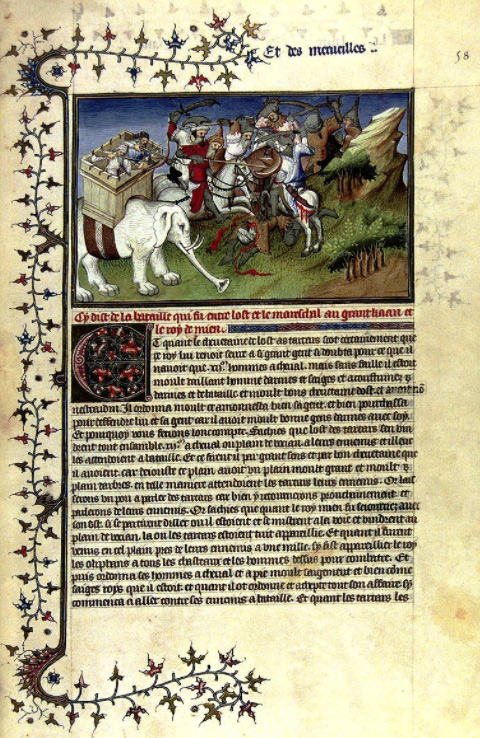
In 1271, Niccolò, Maffeo and Marco Polo embarked on their voyage to fulfil Kublai's request. They sailed to Acre, and then rode on camels to the Persian port of Hormuz. The Polos wanted to sail straight into China, but the ships there were not seaworthy, so they continued overland through the Silk Road, until reaching Kublai's summer palace in Shangdu, near present-day Zhangjiakou. In one instance during their trip, the Polos joined a caravan of travelling merchants whom they crossed paths with. Unfortunately, the party was soon attacked by bandits, who used the cover of a sandstorm to ambush them. The Polos managed to fight and escape through a nearby town, but many members of the caravan were killed or enslaved. Three and a half years after leaving Venice, when Marco was about 21 years old, the Polos were welcomed by Kublai into his palace. The exact date of their arrival is unknown, but scholars estimate it to be between 1271 and 1275. On reaching the Yuan court, the Polos presented the sacred oil from Jerusalem and the papal letters to their patron.
Marco knew four languages, and the family had accumulated a great deal of knowledge and experience that was useful to Kublai. It is possible that he became a government official; he wrote about many imperial visits to China's southern and eastern provinces, the far south and Burma. Highly respected and sought after in the Mongolian court, Kublai Khan decided to decline the Polos' requests to leave China. They became worried about returning home safely, believing that if Kublai died, his enemies might turn against them because of their close involvement with the ruler. In 1292, Kublai's great-nephew, then ruler of Persia, sent representatives to China in search of a potential wife, and they asked the Polos to accompany them, so they were permitted to return to Persia with the wedding party—which left that same year from Zaitun in southern China on a fleet of 14 junks. The party sailed to the port of Singapore, travelled north to Sumatra, sailed west to the Point Pedro port of Jaffna under Savakanmaindan and to Pandyan of Tamilakkam. Eventually Polo crossed the Arabian Sea to Hormuz. The two-year voyage was a perilous one—of the six hundred people (not including the crew) in the convoy only eighteen had survived (including all three Polos). The Polos left the wedding party after reaching Hormuz and travelled overland to the port of Trebizond on the Black Sea, the present day Trabzon.
HISTORY
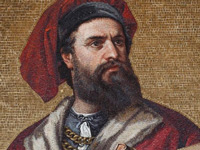
RESOURCES
This article uses material from the Wikipedia article "Marco Polo (1254-1324)", which is released under the Creative Commons Attribution-Share-Alike License 3.0.
© Stories Preschool. All Rights Reserved.
